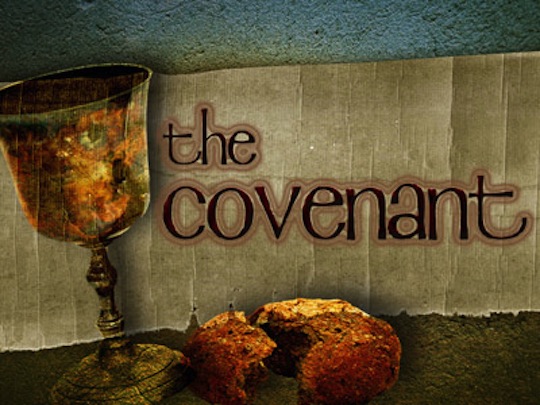“For My flesh is true food, and My blood is true drink. Whoever eats My flesh and drinks My blood remains in Me and I in him. Just as the living Father sent Me and I have life because of the Father, so also the one who feeds on Me will have life because of Me.”
Remember last week, “The Jews murmured about Jesus.” Jesus had been describing Himself as the Bread that came down from heaven. He said that He will give Himself as a bread that lets us live forever. He also assumed God’s name, I AM. He told His listeners that they must eat His flesh to live forever. Today He goes even deeper.
We said last week that the reaction of the people who followed Jesus to Capernaum made sense. Afterall, Jesus words, claims, and instruction were outstandingly unbelievable, impossible to grasp.
To even better set the situation, the Jewish people then and to this day follow the prescriptions of the Law, the Law overcome by the sacrifice of Christ Jesus.
Observant Jewish people cannot say nor write the word God nor His name YHWH. They cannot consume blood of any type: ‘Moreover you shall eat no blood whatever, whether of fowl or of animal, in any of your dwellings. Whoever eats any blood, that person shall be cut off from his people.’ Leviticus 7: 26-27. Kosher meat is prepared by proper slaughter and the washing, salting, and rinsing of the meat three times to remove all traces of blood.
We can clearly see why Jesus calling Himself I AM and telling the people they are to eat His flesh and drink His blood would cause not only confusion, but anger and disgust.
Yet eat and drink is what we are to do if we want eternal life. That is what we must do if we desire everlasting freedom.
Our freedom comes from the fact that we need not be afraid of God. In Jesus we can approach God, speak His name, take Him within ourselves, and live in His love as one in His body; the fulness of Christ Jesus.
Our freedom comes from the fact that the prescriptions of the Law no longer hold us hostage. Again, we are free in Jesus because He gave Himself completely for us and allows us to partake of Him. The sacrifices of the Law are not needed to atone for sin because Jesus freed us from sin once and for all in His body and blood.
Jesus sets the Eucharistic feast before us. Eucharist means thanksgiving. As we meet Him today in the consecration and eat His body and drink His blood in communion, let us be truly thankful for and celebrate the freedom, fellowship, and life we have in Jesus.

